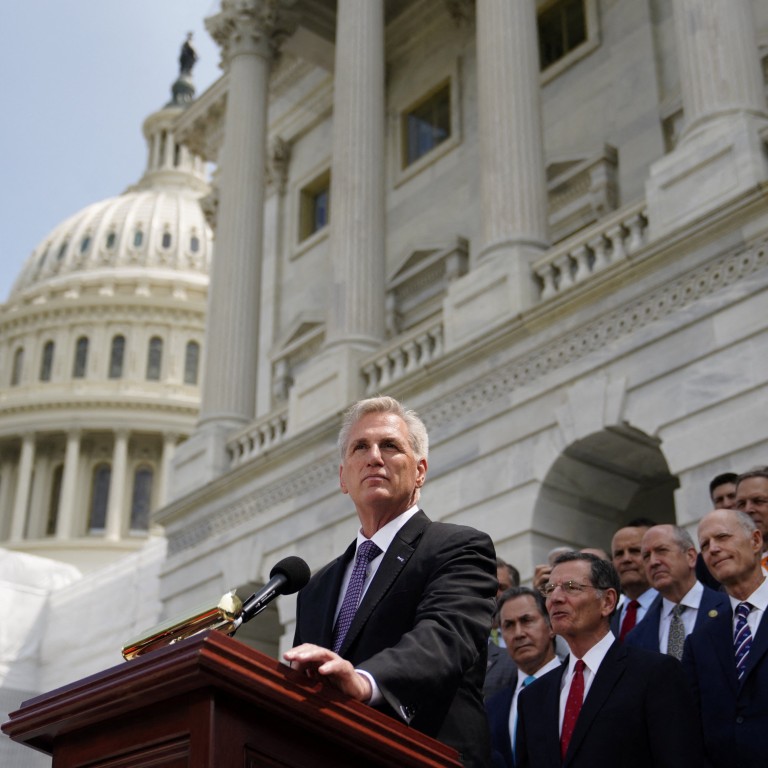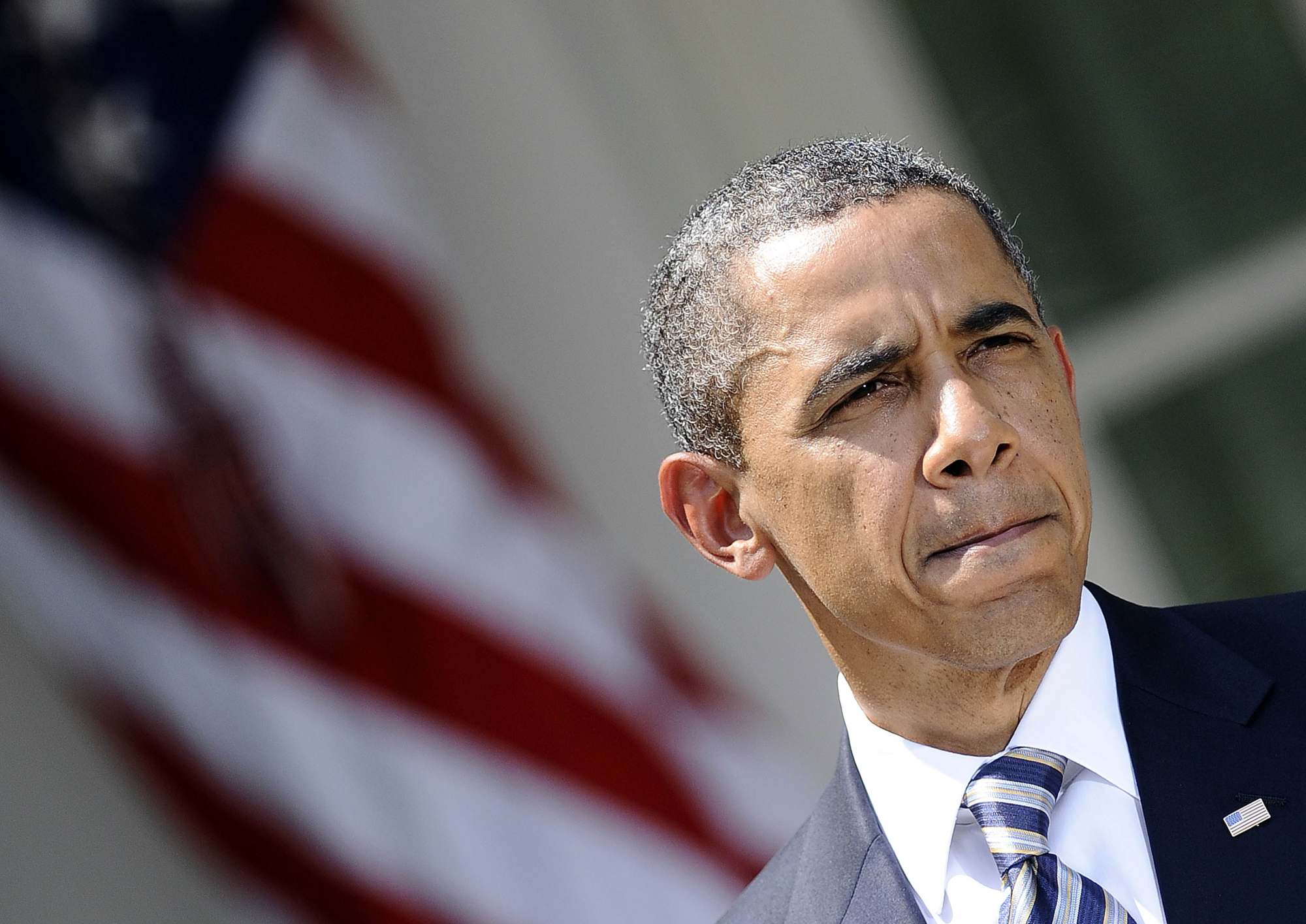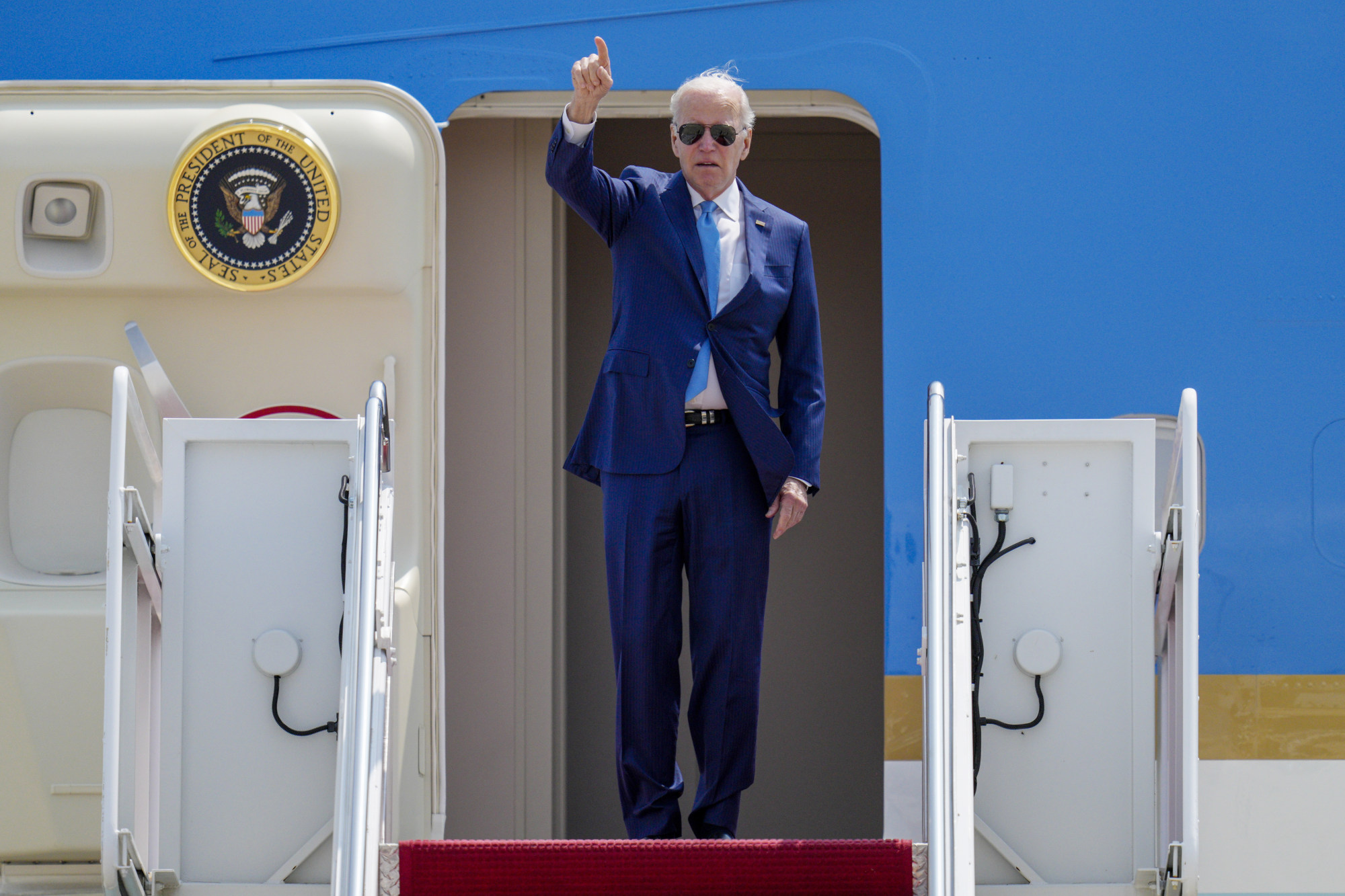
Debt ceiling crisis: can a US unable to put its financial house in order counter China overseas?
- The debt limit stand-off poses implications for the world, as the uncertainty may bring a US recession that affects the country’s trade partners
- For the US to play a more active role abroad economically, as China has, Washington must get its financial act together
The 19th-century Austrian statesman and diplomat Klemens von Metternich is credited with the saying, “When Paris sneezes, Europe catches a cold.”
This expression has, more recently, been applied to the United States and its implications expanded beyond Europe, to the entire world. The US’ economic and security decisions, including on trade and troop deployment, have, since the dawn of the post-war order, had implications beyond its borders. Unfortunately, this increasingly applies to its internal politics as well, which would not be nearly so disconcerting were its politics not so dysfunctional.
It became even more pressing in January, when Kevin McCarthy’s gruelling effort to win the House speakership included concessions to Republican hardliners, which weakened his position and left him more vulnerable to their demands, including for steep spending cuts in return for lifting the debt ceiling via Congressional action.
Just the uncertainty created by this haggling resulted in the US facing its first-ever rating cut by Standard & Poor’s in 2011. The US has been haunted by the spectre of recession for most of the post-pandemic recovery, but has escaped – thus far. This time the uncertainty may seal a recession, and a default almost certainly will.

A recession, regardless how long and deep, will certainly impact the US’ trade partners.
Worse yet, we cannot be certain the two parties are equally convinced of the importance of raising the debt limit. In 2011, in the aftermath of the Tea Party wave that propelled a new, more radical group of Republicans to Congress, the party leadership was still held by more traditional figures – namely Senate leader Mitch McConnell and House speaker John Boehner – who saw default as unacceptable and were willing to defy the radicals to cut a deal.
Economic turmoil looms as US debt ceiling crisis drags on
This time, McCarthy’s January dealings to acquire the speakership might have cost him his ability to negotiate with his own party. Worse yet, the party’s real leader – former president Donald Trump – encourages default if Republicans don’t get the spending cuts they want.
This is maddening for many reasons: three times Congress raised the debt limit under Trump, twice under Republican control in 2017 and 2018 and once by a Democratic House in 2019. Nothing comparable to McCarthy’s demand for a return to the previous year’s spending levels and a 1 per cent cap in future spending increases as a prerequisite, despite the Trump administration’s own historic spending binge.

This has two unsettling implications. One, negotiations are not proceeding smoothly if the president has to take a more active role in them. Two, Republicans and Democrats may be able to come together to form an anti-Chinese Communist Party select committee, but cannot cooperate well enough to allow the practical work of competing with Beijing in key strategic subregions of the Indo-Pacific.
Rob York is programme director for regional affairs at Pacific Forum

